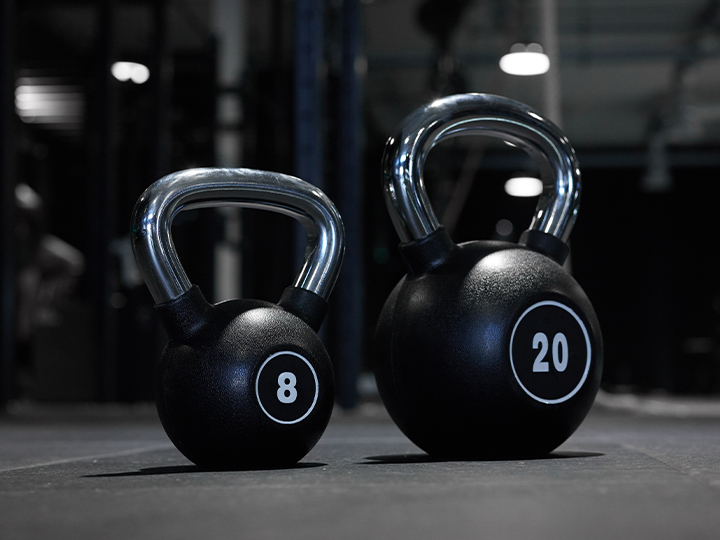When we consider composition and health-based goals, it's generally accepted that a combination of exercise and nutrition is a key factor in achieving our desired goals, alongside general lifestyle choices that we make.
It is well known that to achieve weight loss there is a requirement to be in a calorie deficit, achieved through the utilisation of exercise and diet. But what if the way we train directly impacted the types of food we eat?
A recent study completed by Washington State University aimed to go one step further, looking at whether the intensity of exercise directly impacted our decisions around food. They opted to conduct a study on rats to see whether exercise changed the craving response to high-fat food pellets.
The researchers segmented the rats into two separate groups. The first group underwent a high-intensity treadmill regime, whilst the second group had no additional exercise outside of their regular activity.
After being denied the high-fat pellets for 30 days, and following the two training protocols set out above, the rats were re-introduced to the pellets.
The study found that the rats with no additional exercise in the regime pressed the levers to release the high-fat pellets significantly more than those who followed the high-intensity exercise regime.
The study highlighted two key findings...
The longer the rats were denied the high-fat foods, the harder it was to resist the cues to eat them when re-introduced.
The rats that were part of the high-intensity exercise were significantly better at resisting the high-fat food pellets, showing a greater ability to disregard signals/cravings for these foods.
"The results suggest that high-intensity exercise can prevent the establishment of incubation of craving for foods high in fat and may reduce cue-induced maladaptive food-seeking behaviors that contribute to overeating and obesity." (source)
Lastly, although this study was completed on rats, and therefore requires further research, it highlights the possibility that following a high-intensity training regime may help support our diet, allowing us to better disregard cravings for high-fat foods and cues such as fast-food advertisements – potentially aiding our weight loss goals through better food chocies.
Reference:
Georgia E. Kirkpatrick, Paige M. Dingess, Jake A. Aadland, Travis E. Brown.
Acute high‐intensity interval exercise attenuates incubation of craving for foods high in fat. Obesity, 2022; DOI: 10.1002/oby.23418

